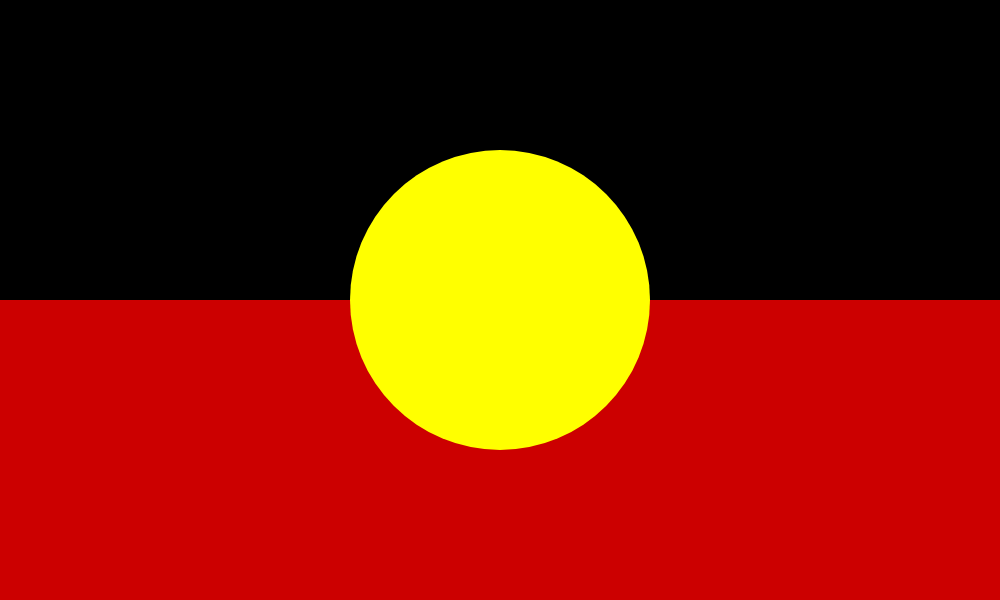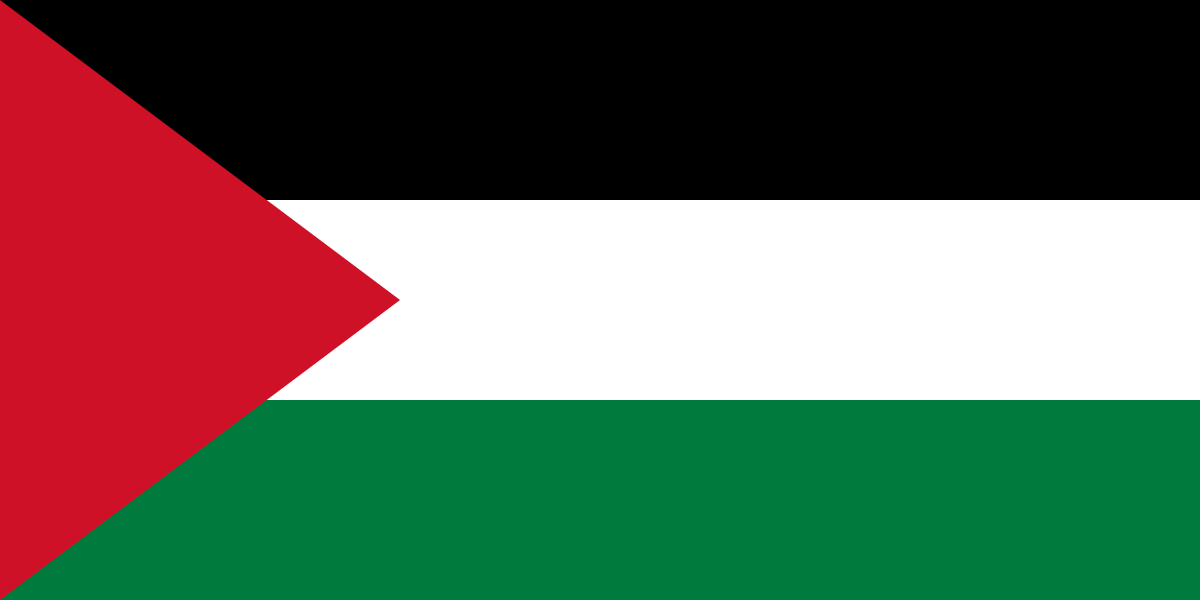A guiding principle of state and federal laws governing child abuse and neglect cases is that foster homes must be safe, comfortable and respectful in order to serve children’s “best interests.” The Agua Caliente Band of Cahuilla Indians has expanded that legal definition — requiring that children attend cultural events and learn their Native language.
In state courts, biological relatives are prioritized as “kinship caregivers.” But the Pueblo of Acoma defines kin more broadly, considering all tribal women of a certain age to be “aunties” or “grandmothers.”
Similarly, legal terms such as the “termination of parental rights” in foster care courts across the country focus on an individual child. In contrast, a growing number of tribes treat each child’s case as key to their nation’s very survival.
These differences are among the key findings to emerge from a National Indian Child Welfare Association research project concluding next month: Tribes have redefined and tailored U.S. laws governing foster care cases to match the priorities of their unique communities and cultures.
“A child without knowledge of the past is directionless in the path forward; a child without a nurturing present is denied the strengths that lead to the future,” states the child welfare code of the Lac Courte Oreilles Band of Lake Superior Ojibwe. “It is the Tribe’s policy to favor preventive action over belated reaction, meditation over confrontation, counseling over lecturing, conciliation over punishment.”
Full Article

